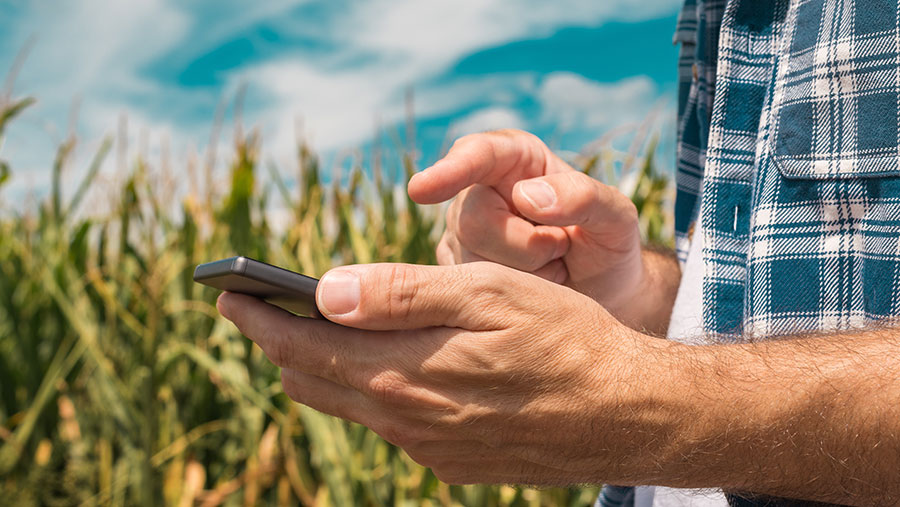Rabi offers new online wellbeing support service
 © Adobe Stock/Stevanovic Igor/Bits&Splits
© Adobe Stock/Stevanovic Igor/Bits&Splits Farming charity the Royal Agricultural Benevolent Institution (Rabi) is launching an online wellbeing community and counselling service.
The initiative, aimed at people across England and Wales, is based around two websites delivered with a specialist online mental health provider – one for adults and one for 11- to 17-year-olds.
Users will be able to anonymously access farming-related and more generic content, as well as discussion boards, case studies and messaging functions.
See also: #AgMentalHealthWeek brings out best in farmers
Other tools are also included, such as a journal to record and track progress against personal goals, plus tips and articles.
Users can access one-to-one counselling support from British Association for Counselling and Psychotherapy-recognised professionals through a chat function.
“We know that farmers have continued to face exceptionally difficult times,” said Alicia Chivers, Rabi’s chief executive.
“Managing mental wellbeing and maintaining good mental health has emerged as one of the most significant issues facing our sector, which is already known for its higher-than-average levels of stress, depression, anxiety, and suicide.”
The websites – Qwell for adults and Kooth for younger people – include farmer-friendly content that addresses some of the current “complex and varied” challenges such as loneliness, Brexit-related anxiety, animal health and crop disease, and debt.
This launch marks part of the organisation’s five-year strategy to broaden its services to provide preventative help through early intervention, alongside the crisis support it offers.
Long history
Founded in 1860, Rabi operates in England and Wales, while a sister charity, Rsabi, operates in Scotland.
“We believe early intervention and one-to-one support are essential to ensuring good mental health and tackling the root causes of poor wellbeing,” said Mrs Chivers.
“Providing confidential, easily accessible, free online support can make a real difference to a wide audience.
“Our vision is that no member of the farming community will ever have to face adversity alone.
“Our role is to offer encouragement so people can access the services they need, early enough to make a difference, hopefully preventing them from reaching crisis point.”
